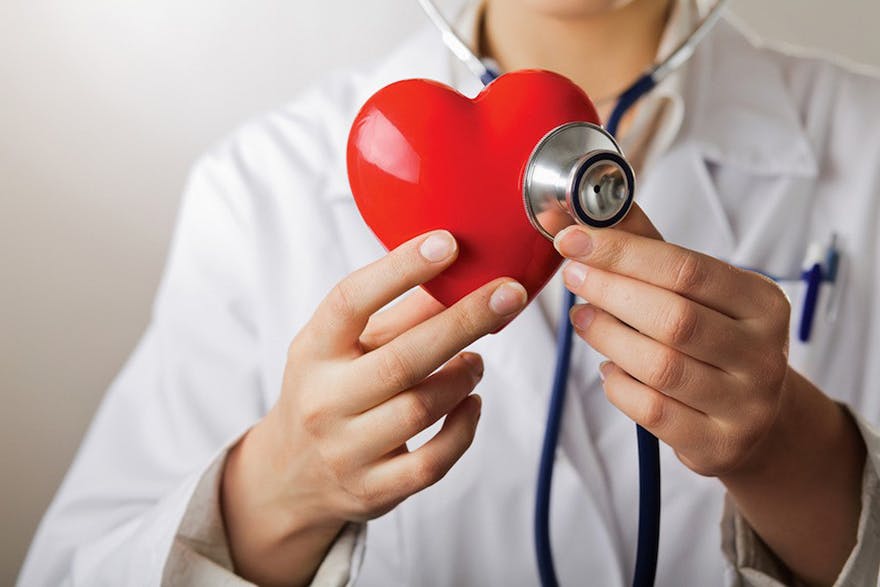What’s Good For The Heart Is Good For The Brain
HEALTH & WELLNESS
10.21.2014

February inspires talk of the heart. That’s no surprise, since February is American Heart Month, and it features Valentine’s Day. While the heart is truly amazing and should be celebrated, the brain is equally impressive.
The Heart and the Brain: Small but Powerful
Every second of every day, and without any prompting, your heart keeps you alive by pumping blood where it needs to go. Your brain controls all voluntary and involuntary bodily functions, helps you solve problems, and retrieve memories, among many other duties.
A strong heart muscle and healthy blood vessels are vital for heart health. The same goes for the brain. Every cell needs oxygen, which is transported in the blood stream. When blood flow to the heart is interrupted, a heart attack occurs. When it happens in the brain, it’s a stroke.
Preventing plaque build-up is one of the best ways to help your heart and your brain. Plaque, typically a mixture of fat, cholesterol, and other substances, can narrow arteries to the point of severely restricting blood flow or shutting it off entirely. In addition, a piece of plaque can break loose and travel, causing a blockage in the arteries that directly feed the heart or the brain.
How to Support Brain and Heart Health
Here’s what you can do to help protect your heart and your brain.
Keep blood pressure in check. High blood pressure makes your heart work harder, causing tiny tears in blood vessels, which result in scar tissue capable of trapping the compounds that lead to plaque build-up. In addition, uncontrolled high blood pressure is strongly related to stroke.
Maintain healthy levels of cholesterol and triglycerides. Excessive cholesterol and triglycerides (fat) in the blood stream can accumulate in blood vessels, curbing the flow of oxygen-rich blood to the brain, heart, and other organs.
Work it out. According to the 2008 Physical Activity Guidelines for Americans (PAG), regular physical activity reduces the risk for heart disease, high blood pressure, high blood cholesterol, and sudden heart attack. Most healthy adults should accumulate 150 minutes of moderate exercise, such as walking briskly, every week, the PAG suggests.
Achieve a healthy weight. Extra pounds strain the heart so that it must beat more often. Weighing too much also increases the risk for stroke, elevated blood pressure, and high triglycerides in the blood stream.
Image Credits: lenetstan/Shutterstock.com
Recommended Articles
The 5 Best Foods That Will Help Supercharge Your Brain
Amidst our busy schedule, it's important to retain our focus and memory. Resting alone is not...
Iron deficiency is a lot more common than you would think. A recent survey by SATA CommHealth(i...
Mars vs Venus: Understanding the His and Hers of Nutritional Needs
Mars vs Venus: Understanding the His and Hers of Nutritional Gaps Although their DNAs are...






